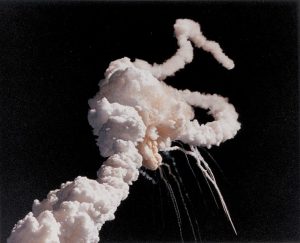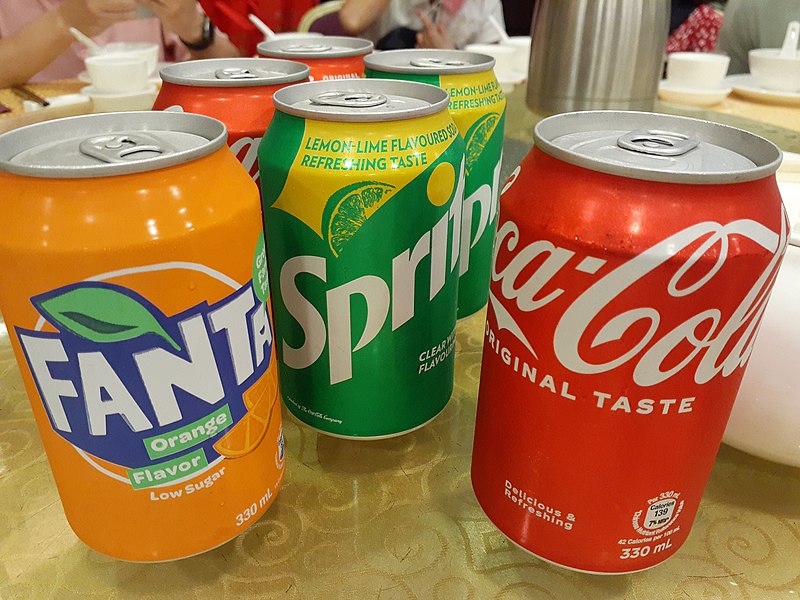Clarity

Simply put, less means more when it comes to word choice. Audience members from all walks of life have probably endured at one point or another a speech in which the speaker attempted to use “big words” to make themselves seem smart, when in reality, it only ended up frustrating the audience and turning off their attention spans. Convey complex ideas easily by using simple, everyday language.
Avoid using big words unnecessarily, as this can result in an audience viewing the speaker as pretentious or disingenuous. For example, one might say, “It is important to take immediate and expeditious action to vacate the premises,” when a simpler and more direct way to say the same thing in a speech might be, “Everyone get out of the building now!”
Concrete Language

In addition to keeping things simple, speakers should use words that clearly convey what they mean. In other words, avoid overtly abstract or vague phrases. For example, when describing a person’s net worth, don’t say, “She is very wealthy.” Instead, use concrete figures, such as, “She is currently worth $1.2 million and owns homes in four countries.” This provides the opportunity to practice the age-old writing advice: show, don’t tell. Use language to vividly describe people, places, and things. Concrete, illustrious language can help make the presenter’s points more memorable. Stay precise with language. Avoid overusing pronouns (he, she, it, they, etc.). Some people quip that the most quoted “source” in the world today is “They.” For example, “They say we’re going to get rain soon” or “I hear they’re predicting an early spring!” Avoid generalizations and strive to provide concrete, precise sources for all information.
Accuracy
Audiences often judge the credibility of a speaker by her or his adherence to the rules of grammar, as well as usage. Grammatical errors annoy some listeners and may give the impression that the speaker possesses less intelligence due to poor word choice or syntax. Avoid common slang and regional dialect in a formal public speaking event. Words like “orientate” or “irregardless” may frequent informal conversations, but they do not demonstrate correct grammar. Likewise, audiences can find the usages of incorrect tenses and pronouns equally annoying. To sound articulate and polished, use “himself” instead of “hisself,” “you were” instead of “you was,” or “I went” rather than “I had went.” To older generations, “busted” may mean having no access to monetary resources; someone younger might find the same word implies getting caught doing something embarrassing or illegal; someone else might think the word simply means “broken.”
Euphemisms
Beware of misusing euphemisms, which offer indirect methods of restating unpleasant, blunt, or even offensive statements, for they can quickly mislead an audience. For example, “The proverbial excrement will strike the wind oscillating device” may sound more polite initially, but a closer inspection reveals the message’s true intent, so it remains a slightly nicer way of restating the old adage having to do with serious trouble. Euphemisms have their place, though; for example, speakers often refer to someone as having “passed away” rather than saying that person is dead, because it softens the blow of the terms.

Avoid the “dark side” of euphemisms that occur when people use them to manipulate, distort, mislead, or obfuscate the true meaning of words and phrases. George Orwell coined the term doublespeak to describe this kind of language after publication of his novel, 1984, where those in power created a language they called “newspeak.” Politicians and corporations commonly used doublespeak when they desire to equivocate in order to avoid the emotional impact of more accurate language. For example, a politician referred to a controversial pipeline bill in Congress as the “Keystone jobs bill.”
Inflated Language

In a similar vein to euphemisms, inflated language has a similar tendency to come across as disingenuous. Inflated language occurs when someone renames something to make it sound greater than it really is, such as when Rosanne Barr famously referred to herself as a “domestic goddess” instead of a stay-at-home wife and mother. Other examples of inflated language include: “corrosion control specialist” (car wash operator), “reutilization marketing facility” (junkyard), or “price integrity coordinator” (sales clerk).
Jargon
Jargon refers to the technical language specific to a certain field or profession. Such language often gets labeled as “esoteric,” which means the words are intended to be understood by a small group of people with highly specialized interest or training. For example, the military frequently uses acronyms. In the film, Good Morning, Vietnam, Robin Williams’ character pokes fun at this practice with the following illustration:
“Excuse me, sir. Seeing as how the V.P. is such a V.I.P., shouldn’t we keep the P.C. on the Q.T.? ‘Cause if it leaks to the V.C. he could end up M.I.A., and then we’d all be put out in K.P.”
Of course, speakers will find using jargon like this is perfectly acceptable if their audience is familiar with the jargon used. However, someone delivering a speech full of such acronyms to an audience that is completely unfamiliar with them would have trouble maintaining their attention. Most industries, such as restaurants, the military, or medicine, have terminology used specifically by members of that group. Jargon can also be regionally specific. In North Idaho, it is not uncommon to hear people refer to their truck as a “rig.”

This is in addition to the age-old debate surrounding the use of the interchangeable terms, pop, soda, or Coke. This jargon is regionally specific. Southerners prefer Coke (regardless if Coca-Cola manufactured it or not); in the Southwest and East, they use the word soda; and, in the Northwest and Midwest, people prefer to say pop.
People who speak English as a second language find jargon and slang especially confusing.

